Mission Statement:
The ICSA Social Media Research group (ISMR) serves faculty and students from the Institute of Corpus Studies and Applications who are engaged in research involving social media, civic debate, and digital issues and processes. ISMR was founded in 2022 by researchers from SISU University. At present, there are a number of projects running, carried out by its affiliated faculty members and their students. The group’s objective is to facilitate collaborations among these researchers and colleagues beyond the Institute and the University, to advance (interdisciplinary) research using social media data. Its mission is to thereby amplify ICSA’s already considerable output and strength in social sciences and humanities.
Contact us:
ISMR
Institute for Corpus Studies and Applications
Room 139, Building 5,
1550 Wenxiang Rd, Song Jiang Qu,
Shang Hai Shi,
China, 201613
phone number: 17702116549
Email: gwen.bouvier@gmail.com
Director of ISMR
Why do I study social media?
As a communications scholar, it is clear that most of the communication we now engage in is taking place on social media, whether this is interactions with friends, family and colleagues, how we debate major issues in our societies, and how we seek out information (e.g. about restaurants, health issues and treatments, how to learn new skills).
For me the question is: how does social media therefore change the nature of all these things, perhaps shifting how we do them, what we say, even impacting on the nature of knowledge itself?
After all, even in academic work, the very stuff of research itself is now subject to the logic of algorithms, hits, like and shares. As communications and language scholars, we have skills to offer in helping to understand these huge changes.
In ISMR, colleagues at SISU are working together and across international networks, inviting guest speakers and writing in ways that seek to contribute to the expanding research literature on the impact of social media in society, the possibilities it brings as well as some of the dangers.
Featured
How do we communicate about the environment online? I study language use and how it shapes our understanding of the social world, using linguistic tools and concepts.
Yong Jiang is a full professor of theoretical and cognitive linguistics at ICSA, SISU. He has published widely on cognitive linguistics and spends too much time thinking about how human thought takes shape in language.
Project
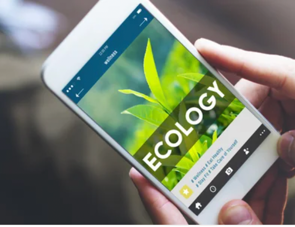
Environment hashtags and the use of metonym
Research has shown that debate of social issues on social media tends to not take place in regard to more clearly laid out and ideas, but through simplifications, buzzwords and symbolism. Such a repertoire can become a kind of common language around which online networks can come together and create a sense of shared meaning, purpose and identity. This has huge consequences for how public debate now takes place, especially as it does not favour nuance or complexity. Metaphor and metonym, both in language and visually, can form one part of such a repertoire on a social media hashtag.
Translation is a social act. Using corpus approaches and critical discourse analysis, I examine how history is reconstructed and re-narrated through translation in, for example, museums or digital spaces.
Kyung Hye Kim is Associate Professor at ICSA, SISU, and has close links with the University of Oslo, Norway. Her academic interests lie in corpus-based translation studies, CDA, and multilingualism in media translation.
Project
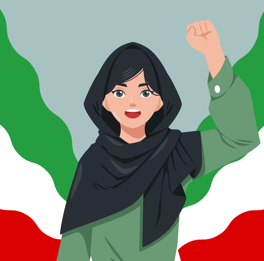
Iran and symbolic activism online
It has become a trend for users to express their feelings about current social and political issues through a range of symbolic gestures, such as striking a pose, wearing a garment, or changing their personal icon. Can we achieve any structural change or even support women in Iran by cutting a lock of hair? What lies behind the rising popularity of these symbolic gestures?
ICSA Event
Training day
This two-day event continues a long-standing tradition at ICSA of fostering discussion between international scholars who are highly experienced and students and academic staff in discourse studies across China. Bringing together these participants, the focus of the training sessions is on showing how a range of tools, as well as data, is selected for a specific research purpose. In other words, to engage with issues that are relevant and current and show how your research tools and data should be managed and used to produce the highest quality research. Tools and data include texts and images, infographics, music videos, branding material, promotional films, space-as-text, social media, EFL text books.
How is meaningmade when events or people are talked about by many sources, narrating events they weren’t even party to? The generation of such collective knowledge online ties into my main interests in translation and meaning-making.
Geng Qiang is a full professor of translation studies and Assistant Dean at ICSA, SISU. His publications focus on the translation and transmission of Chinese literature, and the nature of online civic debate.
Project

Moral character assessment in acelebrity trial
The assessment of authenticity of character stood central in how this celebrity couple was publicly judged during and following the trial.Highly affective and outraged hastag communities made wide moral connections and gave significance to perceived transgressions in their debate of the events inside the court room. The social media era has shifted how the public bears witness to and judges any transgressions by celebrity couples such as these two actors.


 Back
Back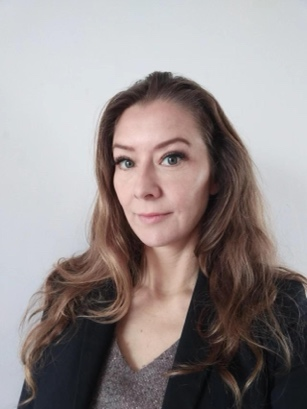
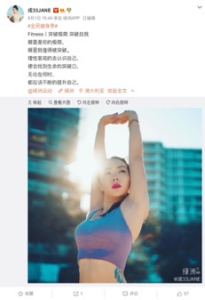

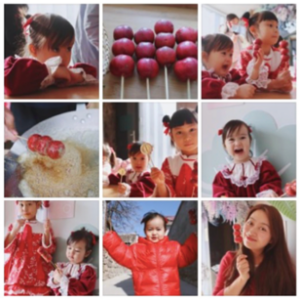





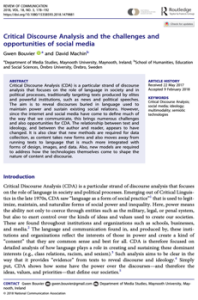
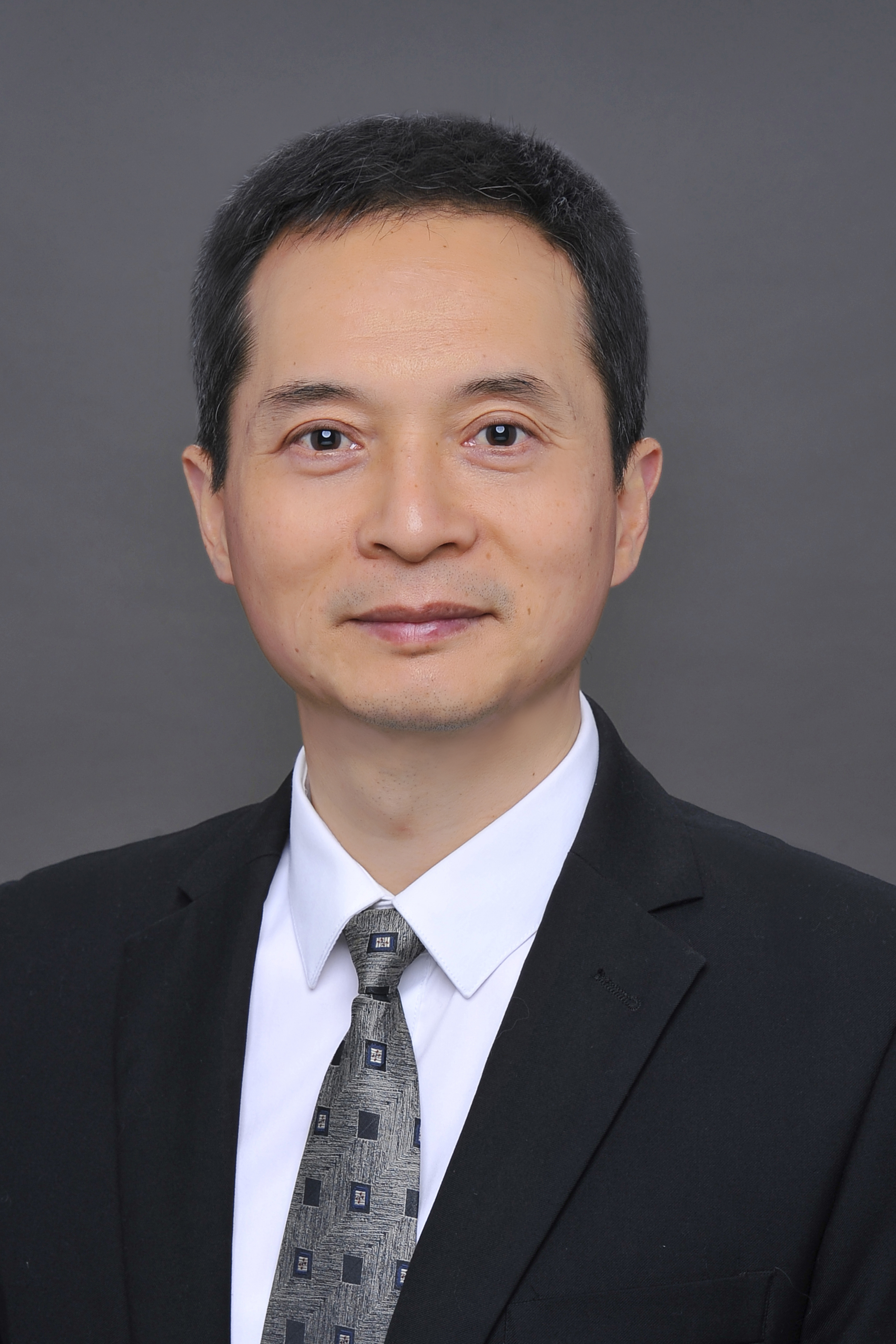
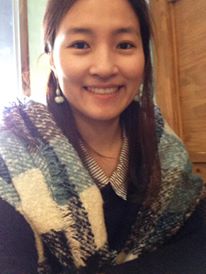
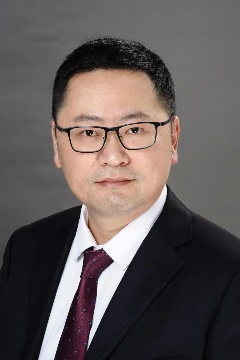


 Office Hour: 9:00-17:00
Office Hour: 9:00-17:00 Office: +86-21-67705180
Office: +86-21-67705180 Email: 2020215@shisu.edu.cn
Email: 2020215@shisu.edu.cn







